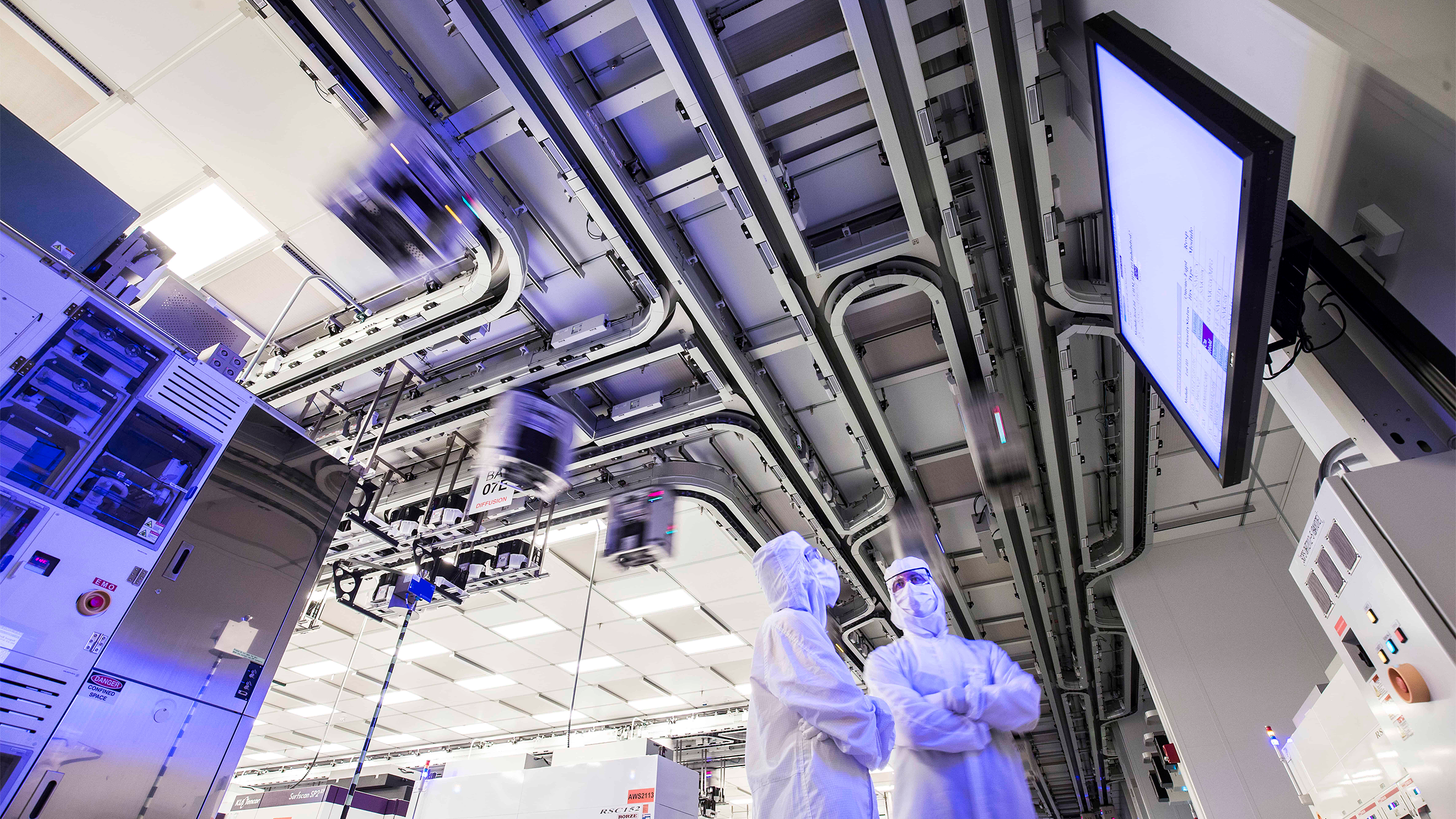
TSMC and GlobalFoundries have finalized CHIPS and Science Act funding agreements with the U.S. government to support their fab projects in America, reports Bloomberg. These will be the first two major foundries to receive actual money under the CHIPS and Science Act, which marks a significant step forward both for the bill and the companies. This is occurring just months before President-elect Donald Trump's second administration begins, which creates uncertainty for chipmakers that were negotiating with President Joe Biden's administration.
The finalized agreements offer GlobalFoundries and TSMC billions of dollars in grants and loans to build and expand manufacturing facilities in the U.S. TSMC's agreement includes $6.6 billion in grants and up to $5 billion in loans to develop Fab 21 in Phoenix, Arizona. GlobalFoundries will receive $1.5 billion in grants and up to $1.6 billion in loans to construct a new semiconductor production facility in New York and expand operations in New York and Vermont. The company is also set to get $600 million from the state of New York.
This funding is part of the CHIPS and Science Act, an initiative with $39 billion designated for grants and additional loans and tax credits, aimed to bring the production of microelectronics on leading-edge process technologies back to the U.S. More than 20 companies are in line for funding under this act, but all applicants have undergone a thorough due diligence process, which has delayed some funding decisions. For example, Intel has invested about $30 billion in its American fabs over the past several but has yet to receive funding from the U.S. government.
A portion of the CHIPS Act's funds, around $3 billion, remains unallocated and may soon be divided among companies still in preliminary negotiation stages, reports Bloomberg.
The timing is critical as these funding decisions may transition into the Trump administration. Trump is set to take office in January. Industry representatives are pushing for swift finalization, not only to secure funding but also to prevent potential delays or policy shifts under Trump, who has recently criticized the CHIPS Act.
House Speaker Mike Johnson (R-LA), for example, recently hinted at possible changes to the CHIPS Act and suggested 'streamlining' the program. While he clarified that a complete repeal was not the goal and that the upcoming administration understands the value of domestic semiconductor production both for economy and national security, he initially said that a repeal was a possibility.







